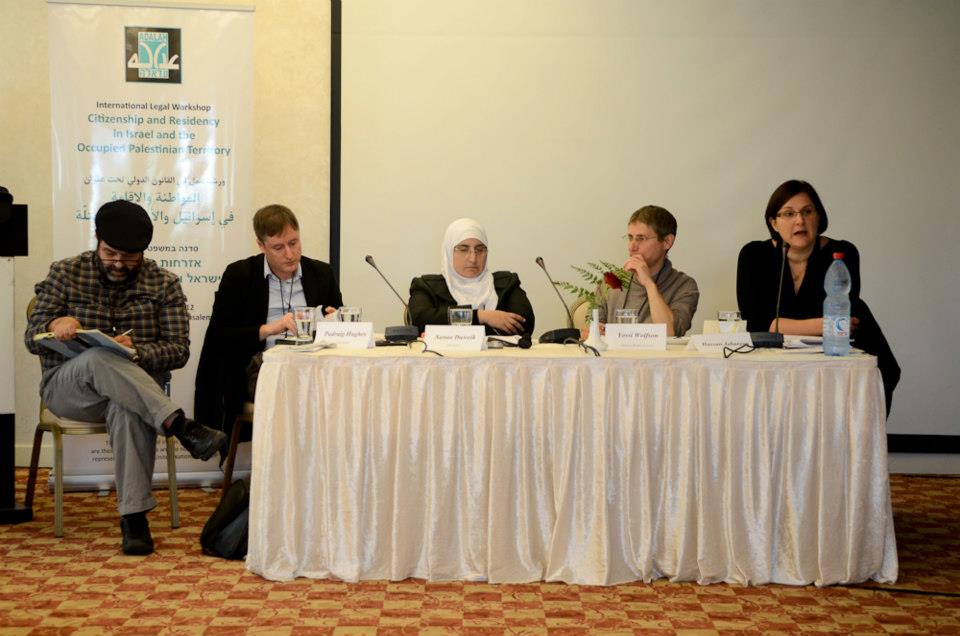Israeli Supreme Court temporarily delays revocation of Alaa Zayoud's citizenship

The Israeli Supreme Court on 26 October 2017 ordered a temporary injunction delaying the revocation of the citizenship of Alaa Zayoud, a Palestinian citizen of Israel serving 25 years prison time for an attempted murder conviction.
The Supreme Court’s order comes in response to an appeal filed earlier that day by Adalah – The Legal Center for Arab Minority Rights in Israel and the Association for Civil Rights in Israel (ACRI) against the Haifa District Court's August decision to confirm Israeli Interior Minister Aryeh Deri's request to revoke Zayoud's citizenship.

The state has 30 days to respond to the temporary injunction against the revocation of Zayoud's citizenship. Minister Deri may, alternatively, agree to postpone the revocation process until the conclusion of Supreme Court proceedings on the appeal.
This is the first time in history an Israeli court has ruled to revoke an individual's citizenship.
Zayoud, from the town of Umm al-Fahem in central Israel, was sentenced to 25 years in prison on a conviction of attempted murder.
Adalah, ACRI: Court ruling selective enforcement, discriminates against Arab citizens
Adalah Attorney Sawsan Zaher and ACRI Attorney Oded Feller wrote in their Supreme Court appeal that the Haifa court's decision discriminates against Arab citizens of Israel and labels them in a racist manner.
They further noted that data included in the appeal indicated selective enforcement of the section of Israel's Citizenship Law that allows for the revocation of citizenship due to "breach of loyalty," which is defined as security-related offenses. Despite the sharp increase in the severity of security-related offenses in which Jewish citizens of Israel have been involved, the state has never sought the revocation of the citizenship of a Jewish Israeli.
In what was perhaps the most-high profile example, the Israeli Supreme Court refused to order the revocation of the citizenship of Yigal Amir – assassin of former prime minister Yitzhak Rabin – and ruled that criminal law is the method by which serious crimes are confronted and denounced.
The Haifa District Court ignored this data and instead ruled that the deterrent effect of this case was aimed at "the second generation of family unification" – Israeli citizens with one parent who holds Israeli citizenship and another from the West Bank.
Adalah and ACRI stressed in the appeal that using the Citizenship Law as a form of deterrence – as the Haifa District Court open declared to have done – is highly inappropriate:
"Considerations of deterrence are legitimate only in the context of criminal law and, even then, these considerations are examined in relation to the punishment and degree of deterrence they may achieve. The [Haifa District] Court ignored the fact that the court system had already considered the deterrence factor in this case and that it has been expressed in the 25-year prison sentence, in addition to other associated punishments."















